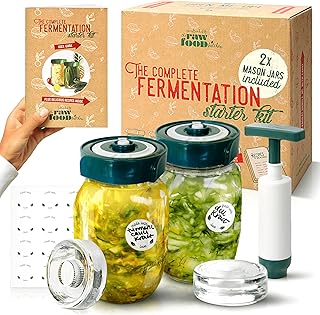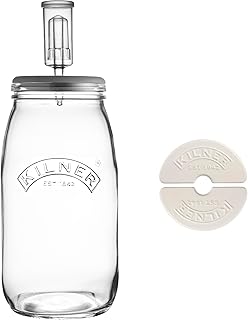The global fermenters market is experiencing significant growth across various sectors, including food, beverage, and healthcare. This growth is primarily driven by the increasing consumer demand for fermented beverages such as beer, wine, and kombucha, as well as the expanding use of fermentation in food preservation and cosmetic products. With advancements in fermenting technologies and a growing awareness of the benefits of fermentation, the market is poised for dynamic expansion in the years to come.
One of the key factors fueling the growth of the fermenters market is the rising consumption of fermented beverages. In developed economies, the craft beer industry has emerged as a major driver of growth, with the US and European countries like Germany, the UK, Poland, Spain, and the Netherlands leading the way in beer production. Additionally, countries in the Asia Pacific region such as China, India, and Vietnam are experiencing rapid growth in beer production, contributing to the overall expansion of the fermenters market.
Fermentation is not only about enhancing flavor but also plays a crucial role in food preservation. Fermented drinks like dairy kefir, kombucha, and kvass are preserved through natural processes involving microorganisms that produce lactic and acetic acid, which act as bio-preservatives. This method of preservation not only prevents spoilage but also helps maintain the nutritional value of the products, driving interest in both traditional and innovative fermented products.
Within the fermenters market, the beverages segment holds a dominant position. The increasing demand for both alcoholic and non-alcoholic fermented drinks is driving investments in fermenter systems globally. Beer, wine, and kombucha production facilities are expanding in various markets, making fermenters essential equipment for large-scale beverage manufacturing.
Automation is shaping the future of the fermenters market, with automated fermenters expected to capture the largest market share. These automated systems optimize production processes and meet market demands efficiently, especially in industries like food, beverage, and pharmaceuticals where scaling up production without compromising quality is crucial. Countries like India and China are increasingly adopting automatic fermenters for products such as kombucha, kefir, and herbal teas to meet the growing consumer demand for convenient and healthy fermented beverages.
The Asia Pacific region is emerging as a growth hotspot in the fermenters market, driven by factors such as rapid urbanization, a growing middle-class population, higher disposable incomes, and increasing awareness of the health benefits associated with fermented products. Key industry players in the fermenters market are focusing on innovation in design, automation, and scalability to maintain a competitive edge in the market and meet the growing demand across beverages, food preservation, and healthcare applications.
In conclusion, the fermenters market is witnessing robust growth driven by the rising demand for fermented beverages and the expanding applications of fermentation across various industries. Automation, particularly in regions like Asia Pacific, along with the increasing consumer preference for naturally preserved products, will continue to fuel the growth of the fermenters market and drive innovation in the food and beverage industry worldwide.
📰 Related Articles
- Global Soy Beverage Market Thrives Amid Rising Health Consciousness
- Soy Beverage Market Surges: USD 44.7 Billion by 2035
- Global Soy Protein Market Surges Amid Plant-Based Nutrition Trend
- Global Reusable Sanitary Pad Market Surges with Sustainable Shift
- Global Recycled Paper Packaging Market Surges Amid Sustainability Shift






